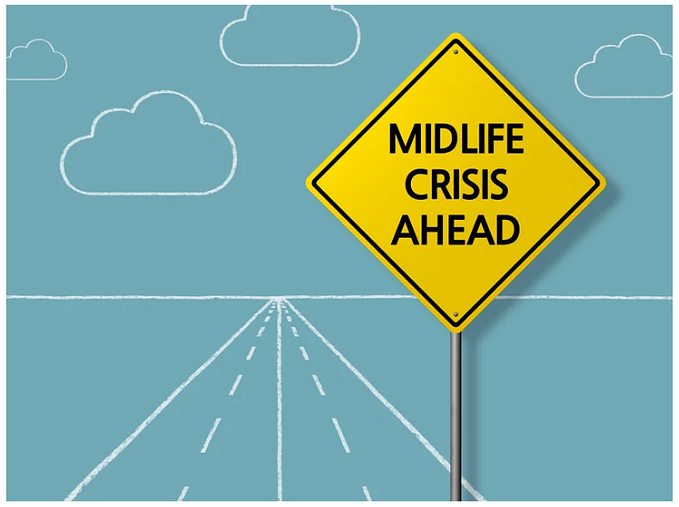
Member-only story
The Nuance
Science Might Have Identified the Optimal Human Diet
A combination of several popular approaches could yield the best long-term health benefits
Americans are notoriously unhealthy eaters. The so-called Western diet—one that adores meat, abhors fat, and can’t get enough of processed food — has dominated menus and mealtimes for nearly half a century and has become synonymous with obesity and metabolic dysfunction. Short of swallowing actual poison, it’s hard to imagine a more ruinous approach to eating than the one practiced by many U.S. adults.
If this story has a silver lining, it’s that the dreadful state of the average American’s diet has helped clarify the central role of nutrition in human health. A poor diet like the one popular in the West is strongly associated with an elevated risk for conditions of the gut, organs, joints, brain, and mind — everything from Type 2 diabetes and cancer to rheumatoid arthritis and depression.
“We’ve realized that diet is arguably the most important predictor of long-term health and well-being,” says James O’Keefe, MD, a cardiologist and medical director of the Duboc Cardio Health and Wellness Center at Saint Luke’s Mid America Heart Institute. “Most of the major health problems we deal with in America are connected to the ways we eat.”
If eating the wrong way can contribute to such a diverse range of illnesses, it stands to reason that eating the right way could offer people a measure of protection from most ailments. But what’s the right way? That question lies at the heart of countless studies stretching back several decades. By panning the newest and best of those studies for gold, some experts say we may be closing in on the optimal approach to eating.
“Highly restrictive diets are usually not advised unless there is an underlying medical condition that warrants it.”







